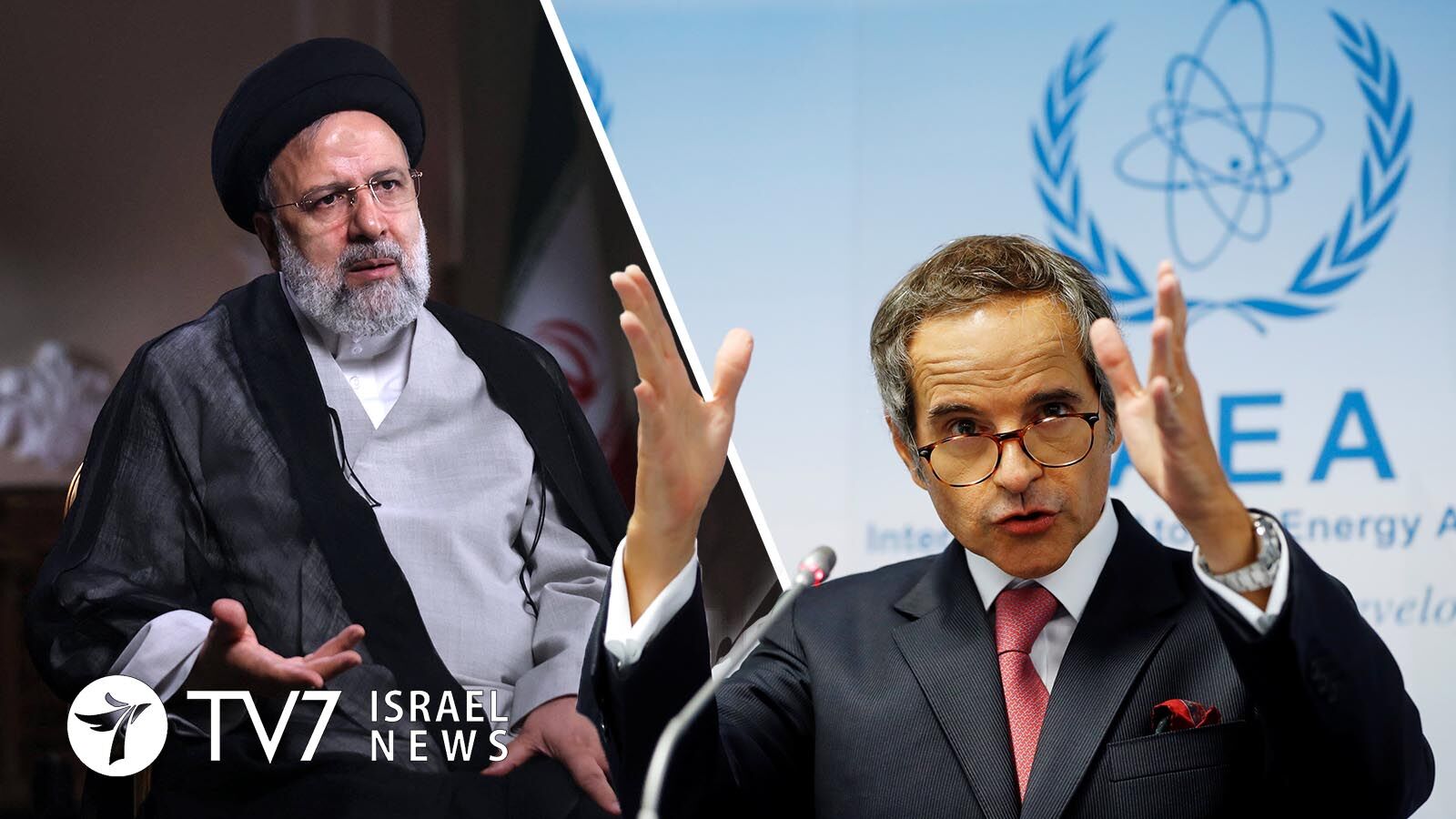It is “essential and urgent” that the Islamic Republic explain the origin of the uranium particles found at three undeclared sites, insists the International Atomic Energy Agency (IAEA).
By Jonathan Hessen and Erin Viner
The United Nations atomic watchdog’s 35-nation Board of Governors passed a second resolution ordering Tehran to cooperate with the agency’s investigation into uranium traces found at separate locations in Toorkooz-abad, Teheran & Marivan , disclosed diplomats after the closed-door vote.
The measure was drafted by the United States and the E3 nations of the United Kingdom, France and Germany.
“Iran must now provide the necessary cooperation, no more empty promises,” Washington’s representative told the e board shortly before the resolution was adopted by 26 in favor, five abstentions, the absence of two countries with only Russia and China against, said diplomats who were present for the vote.
While the document makes the same call as the previous version passed by the board last June, its wording is stronger and even indicates the possibility of a future diplomatic escalation if Iran fails to comply yet again.
According to a statement by the board, the IAEA r is prepared to take further action, including under Article XII.C of the agency’s Statute laying out options to refer the Ayatollah regime to the UN Security Council for refusal to fulfill its nuclear obligations.
Noting during a press briefing that Iran must “start delivering something. For me, engagement is not simply that you sit down – we tried that already,” the IAEA Director General Rafael Grossi reiterated that Tehran has so far provided limited responses to questions over the unexplained nuclear particles that can only be characterized as “technically not credible.”
Raising alarm over the continuously broadening gap in knowledge over ongoing Iranian nuclear development, Director General- Grossi stressed that the longer his agency remains in the dark, the more difficult verification procedures will become. “There is a mass of activity about which we don’t know anything,” he stated.
Tehran, which has so far denounced such resolutions, responded to the last measure by removing IAEA monitoring equipment – including surveillance cameras installed under its 2015 Joint Comprehensive Plan of Action deal with world powers to curb its disputed uranium enrichment program.
“The political goals of the founders of this anti-Iranian resolution will not be realized but it could impact the constructive relations between Tehran and the Agency,” state media cited Iran’s IAEA envoy Mohsen Naziri as saying.
Moreover, Atomic Energy Organization of Iran Director Mohammad Eslami reportedly announced that meeting with IAEA Director General Rafael Mariano Grossi aimed at resolving the impasse later this month is no longer “on the agenda” following passage of the resolution.
The Ayatollah regime has repeatedly vowed to annihilate the Jewish State, and Israel has long made preparation for a ‘Plan B,’ including all options to prevent Iranian acquisition of a nuclear weapon, including possible military strikes.
Recently retired Commander of the US Central Command General Kenneth McKenzie noted in a special addition of TV7’s Watchmen Talk that based on his informed opinion ‘any strike against Iran’s nuclear infrastructure would bring about a violent response – since such an act would threaten the survivability of the Ayatollah regime itself.
“I think a strike against Iran by anybody that goes into, what we call the Esfahan – Tehran corridor where most of their nuclear stuff is, any strike there by any outside-body whether it is the United States, Israel or some other group of nations, Iran is going to respond violently, aggressively and with as much fire power as they can to that. I can’t see how they can do anything else,” Gen. McKenzie told TV7 Editor at Large Amir Oren.
Further explaining that over the past decade that has exponentially increased during the past five years, the former CENTCOM Chief stressed, “Iran has put remarkable emphasis on building a trinity of capabilities and that trinity is composed of “theater ranged ballistic missiles”, “land attack cruise missiles” and “unmanned aerial vehicles” or UAVs. What they have done is, they have starved their people, they have perverted their economy, they have denied a lot of things in order to build these capabilities to the point now, where we really have a new situation in the region where, I would tell you, the latter part of my time as the commander of Central Command and from what I see now, the great daily threat in the region is what comes of these three allied Iranian capabilities. Because what it does is, it gives the ability to gain overmatch against their Gulf neighbors.”
While concerned over nuclear development, General McKenzie warned that the Islamic Republic poses an even more immediate threat with its production of ballistic and cruise missiles, as well as armed unmanned aerial vehicles (UAVs, drones).
The full interview of TV7 Watchmen Talk with Amir Oren and General Kenneth McKenzie can be watched at: tv7israelnews.com, or by clicking the provided link.
